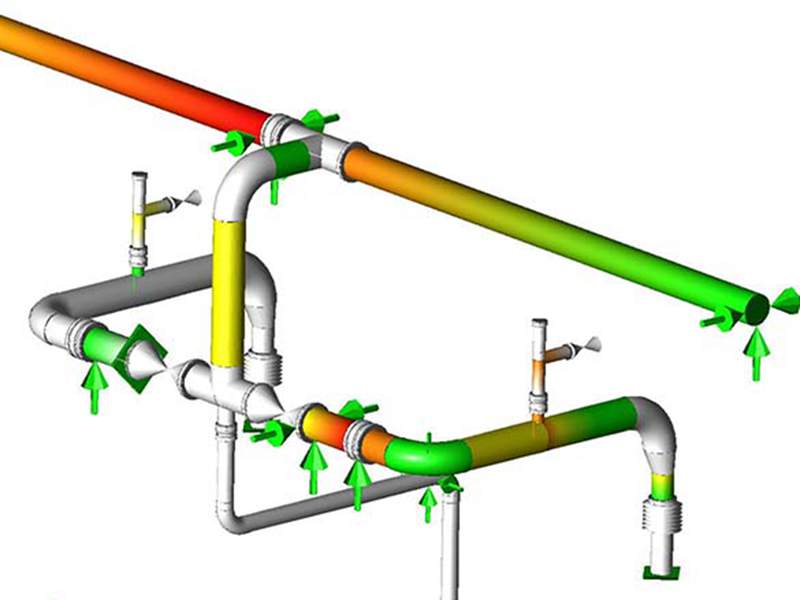
-
 Afrikaans
Afrikaans -
 Albanian
Albanian -
 Amharic
Amharic -
 Arabic
Arabic -
 Armenian
Armenian -
 Azerbaijani
Azerbaijani -
 Basque
Basque -
 Belarusian
Belarusian -
 Bengali
Bengali -
 Bosnian
Bosnian -
 Bulgarian
Bulgarian -
 Catalan
Catalan -
 Cebuano
Cebuano -
 China
China -
 China (Taiwan)
China (Taiwan) -
 Corsican
Corsican -
 Croatian
Croatian -
 Czech
Czech -
 Danish
Danish -
 Dutch
Dutch -
 English
English -
 Esperanto
Esperanto -
 Estonian
Estonian -
 Finnish
Finnish -
 French
French -
 Frisian
Frisian -
 Galician
Galician -
 Georgian
Georgian -
 German
German -
 Greek
Greek -
 Gujarati
Gujarati -
 Haitian Creole
Haitian Creole -
 hausa
hausa -
 hawaiian
hawaiian -
 Hebrew
Hebrew -
 Hindi
Hindi -
 Miao
Miao -
 Hungarian
Hungarian -
 Icelandic
Icelandic -
 igbo
igbo -
 Indonesian
Indonesian -
 irish
irish -
 Italian
Italian -
 Japanese
Japanese -
 Javanese
Javanese -
 Kannada
Kannada -
 kazakh
kazakh -
 Khmer
Khmer -
 Rwandese
Rwandese -
 Korean
Korean -
 Kurdish
Kurdish -
 Kyrgyz
Kyrgyz -
 Lao
Lao -
 Latin
Latin -
 Latvian
Latvian -
 Lithuanian
Lithuanian -
 Luxembourgish
Luxembourgish -
 Macedonian
Macedonian -
 Malgashi
Malgashi -
 Malay
Malay -
 Malayalam
Malayalam -
 Maltese
Maltese -
 Maori
Maori -
 Marathi
Marathi -
 Mongolian
Mongolian -
 Myanmar
Myanmar -
 Nepali
Nepali -
 Norwegian
Norwegian -
 Norwegian
Norwegian -
 Occitan
Occitan -
 Pashto
Pashto -
 Persian
Persian -
 Polish
Polish -
 Portuguese
Portuguese -
 Punjabi
Punjabi -
 Romanian
Romanian -
 Russian
Russian -
 Samoan
Samoan -
 Scottish Gaelic
Scottish Gaelic -
 Serbian
Serbian -
 Sesotho
Sesotho -
 Shona
Shona -
 Sindhi
Sindhi -
 Sinhala
Sinhala -
 Slovak
Slovak -
 Slovenian
Slovenian -
 Somali
Somali -
 Spanish
Spanish -
 Sundanese
Sundanese -
 Swahili
Swahili -
 Swedish
Swedish -
 Tagalog
Tagalog -
 Tajik
Tajik -
 Tamil
Tamil -
 Tatar
Tatar -
 Telugu
Telugu -
 Thai
Thai -
 Turkish
Turkish -
 Turkmen
Turkmen -
 Ukrainian
Ukrainian -
 Urdu
Urdu -
 Uighur
Uighur -
 Uzbek
Uzbek -
 Vietnamese
Vietnamese -
 Welsh
Welsh -
 Bantu
Bantu -
 Yiddish
Yiddish -
 Yoruba
Yoruba -
 Zulu
Zulu
fiberglass flange
The Versatility and Benefits of Fiberglass Flanges
Fiberglass flanges are essential components in a variety of industrial applications, offering a combination of durability, lightweight properties, and excellent corrosion resistance. As industries increasingly shift towards materials that reduce weight and enhance resistance to harsh environments, fiberglass has emerged as a preferred solution. In this article, we will explore the structure, advantages, and applications of fiberglass flanges.
What is a Fiberglass Flange?
Flanges are flat pieces of material with holes for bolts, used to connect pipes or other equipment. Fiberglass flanges are made from a composite material comprised primarily of glass fibers embedded in a resin matrix. This structure provides flanges with high strength-to-weight ratios, making them ideal for applications where traditional metal flanges may be too heavy or susceptible to rust and corrosion.
Advantages of Fiberglass Flanges
1. Corrosion Resistance One of the most significant benefits of fiberglass flanges is their resistance to corrosion. Unlike steel or iron, fiberglass does not rust when exposed to moisture, chemicals, or saltwater. This makes them especially useful in industries such as marine, chemical processing, and wastewater treatment where corrosive substances are prevalent.
2. Lightweight Fiberglass is considerably lighter than metals, which makes handling and installation more manageable. This property not only reduces shipping costs but also minimizes the overall load on structural frameworks.
3. Thermal Insulation Fiberglass flanges offer excellent thermal insulation, which helps maintain the temperature of the fluids being transported through the pipes. This characteristic is vital in industries where temperature control is a priority.
fiberglass flange

4. Cost-Effectiveness Although the initial cost of fiberglass flanges may be higher than their metal counterparts, the long-term savings from reduced maintenance and replacement needs can be substantial. Their longevity in harsh environments often results in lower overall lifecycle costs.
5. Customization Fiberglass flanges can be manufactured in various shapes, sizes, and thicknesses to meet specific industrial needs. This versatility allows them to fit seamlessly into existing systems and fulfill unique requirements.
Applications of Fiberglass Flanges
Due to their numerous advantages, fiberglass flanges find applications across various industries. They are commonly used in
- Chemical Plants To handle aggressive chemicals that can corrode traditional materials. - Water Treatment Facilities For piping systems that carry water and wastewater. - Marine Environments To connect pipes in ships or offshore structures where corrosion is a significant concern. - Industrial Manufacturing In systems that involve heat and pressure, where non-corrosive materials are optimal.
Conclusion
In conclusion, fiberglass flanges represent a robust and lightweight option for connecting piping systems across numerous industries. Their corrosion resistance, lightweight nature, thermal insulation, cost-effectiveness, and customization options make them a preferred choice for engineers and operators alike. As industries continue to innovate and prioritize sustainable practices, fiberglass flanges will play an increasingly important role in modern infrastructure, contributing to both safety and efficiency. The future looks bright for this versatile material, and its applications are likely to expand as technology and material science advance.
Latest news
-
Exploring the Benefits of Top Hammer Drifter Rods for Enhanced Drilling PerformanceNewsJun.10,2025
-
High-Precision Fiberglass Winding Machine for GRP/FRP Pipe Production – Reliable & Efficient SolutionsNewsJun.10,2025
-
FRP Pipes & Fittings for Shipbuilding - Corrosion-Resistant & LightweightNewsJun.09,2025
-
Premium FRP Flooring Solutions Durable & Slip-ResistantNewsJun.09,2025
-
Premium Fiberglass Rectangular Tanks Durable & Lightweight SolutionNewsJun.09,2025
-
Tapered Drill String Design Guide Durable Performance & UsesNewsJun.09,2025









